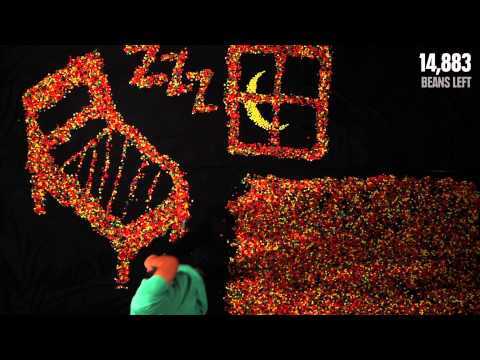BPS Research Digest: Targeted brain stimulation provokes feelings of bliss
Geege Schuman stashed this in Brain
Stashed in: #happiness, #love, Joy!, Brain, Singularity!, The Internet is my religion.
Fabienne Picard and his colleagues stimulated different parts of the woman's temporal lobes with electrodes to try to find the precise source of her epileptic seizures. In fact none of their stimulations caused her to have a seizure. However they did observe some intriguing subjective experiences in the woman. When they stimulated her anterior-dorsal insula - a brain region implicated in many functions, including representing the internal state of the body - she experienced the same feelings of bliss and ecstasy that she reports prior to a seizure. "I feel really well with a very pleasant funny sensation of floating and a sweet shiver in my arms," she said. Such sensations were not triggered by stimulation in any other part of her temporal lobe. Prior research has shown that stimulation of other brain regions, including the amygdala and other parts of the insula, can evoke pleasant memories and pleasant sensory experiences, but the researchers said theirs is the first ever account of neurostimulation leading to feelings of bliss or ecstasy. It complements brain imaging research that has found correlations between anterior insula activity and feelings of intense love and joy, and also oneness with God.
The brain controls our beliefs and our emotions, our faith and our logic, our intuition and our reason.
If the brain is so easy to sway, how do we know what's real?
It's important not to be lulled into thinking this case study has helped identify the brain's "pleasure centre". Many parts of the brain are involved in motivation and hedonic experience. Stimulation of the nucleus accumbens, part of the brain's so-called "reward pathway", is being explored as a treatment for depression (although it has not been linked with the sensations of bliss reported here). Research also shows that rats will press a lever for hundreds of hours so as to receive stimulation of the nucleus accumbens, but it's thought this stimulation may trigger wanting and craving rather than pleasure per se. Activity in orbitofrontal cortex (at the front and bottom of the brain) has been associated with enjoyment of food and other sensory pleasures.
One hundred years from now humans will be able to control our brains, won't we?











5:21 AM Sep 22 2013